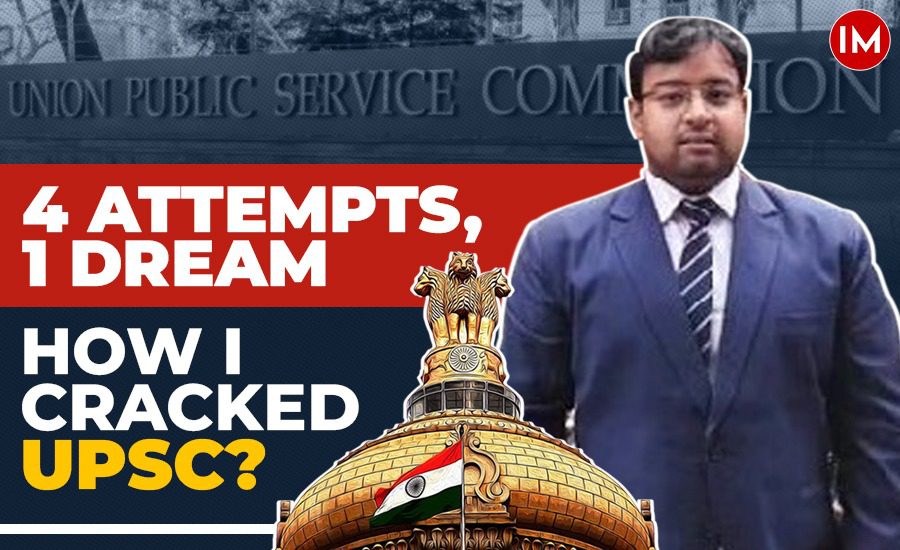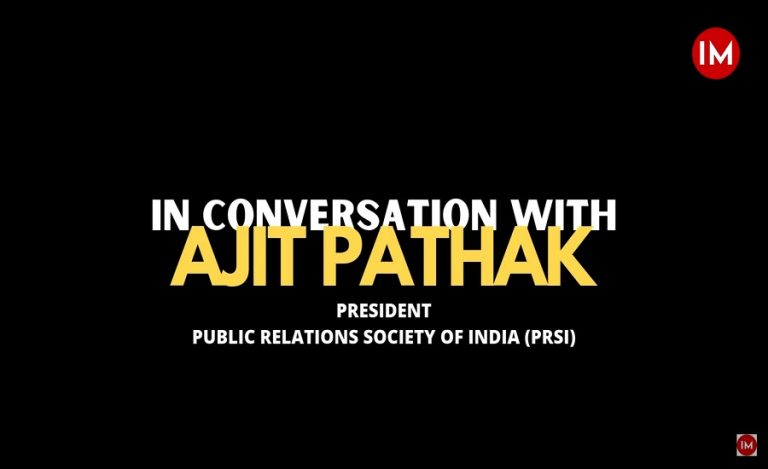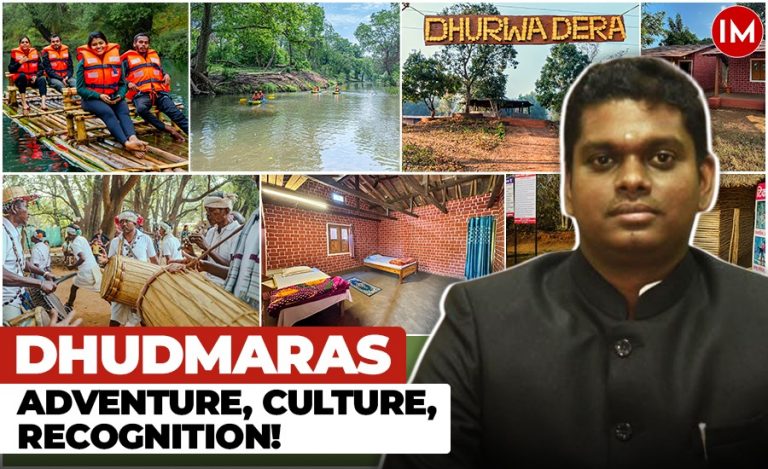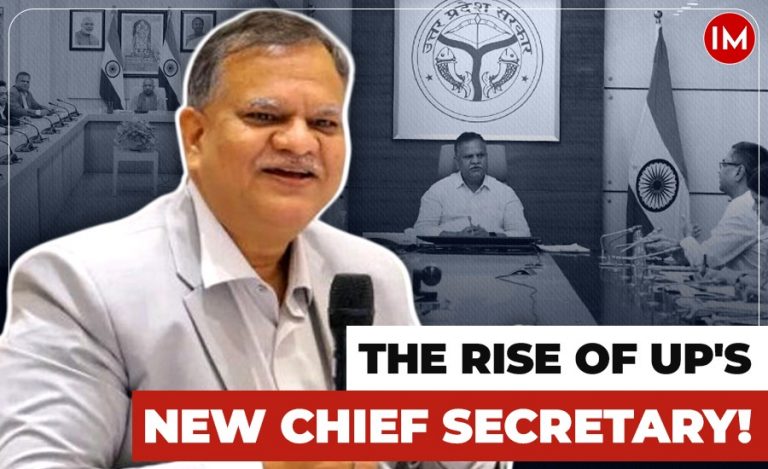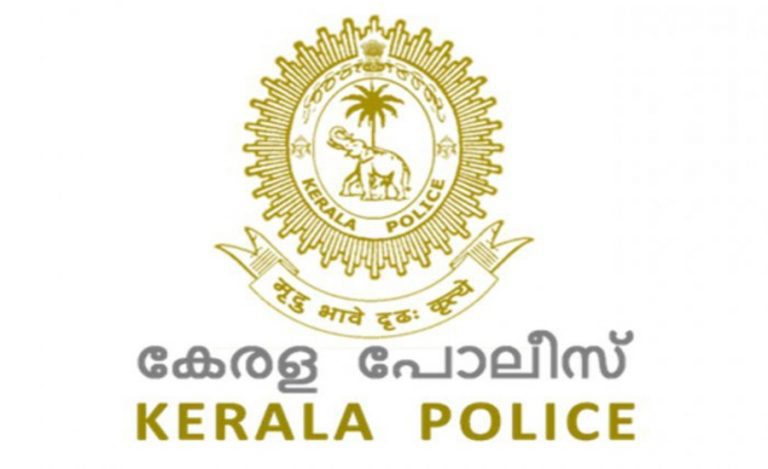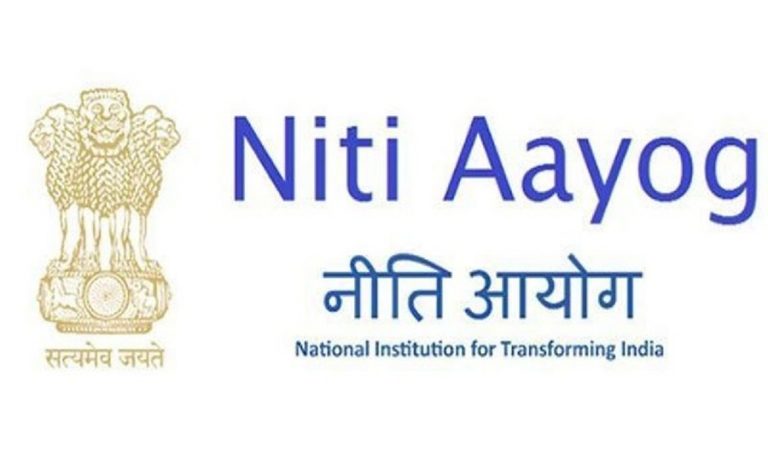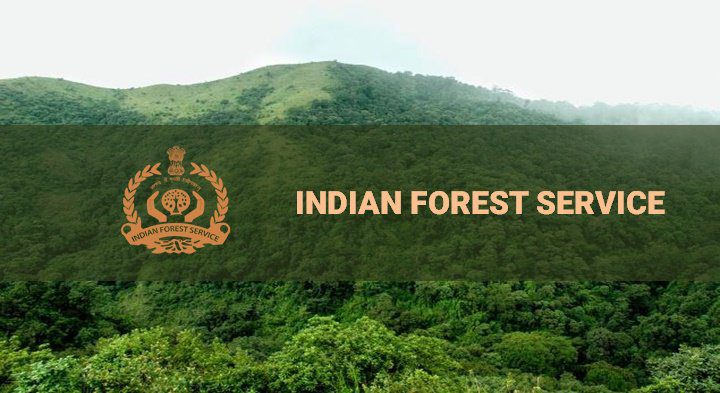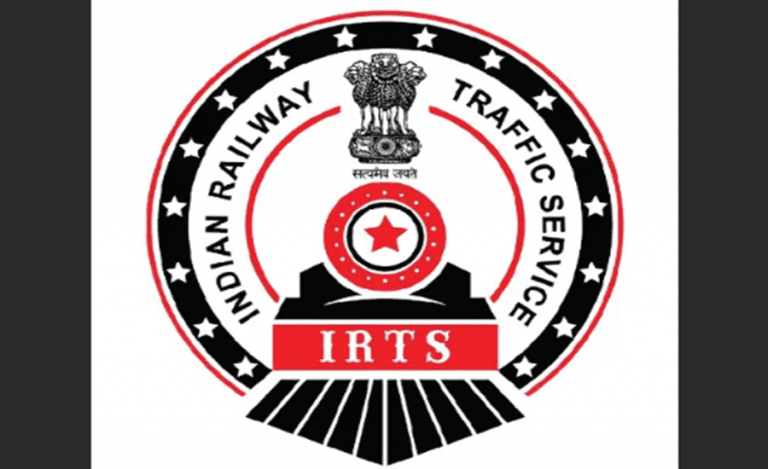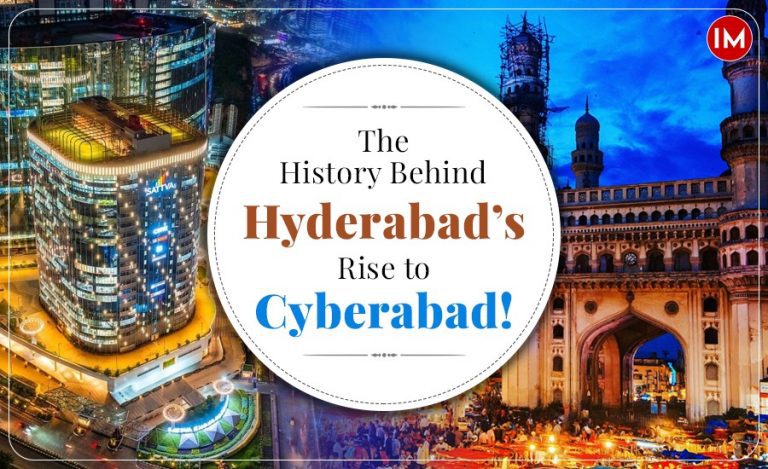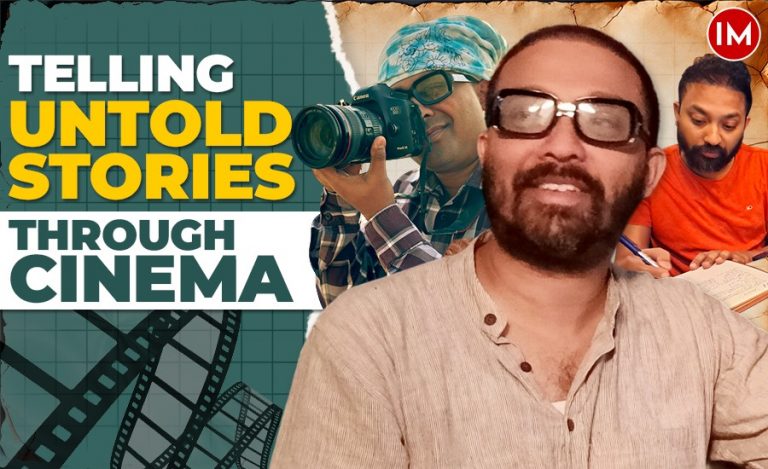Transitioning from a design background to civil services is no easy feat, especially for someone like Abhishek Kumar. Faced with unique challenges, he navigated the rigorous UPSC exam process through sheer dedication and a deep desire to effect social change. His journey, marked by resilience and determination, illustrates how a passion for public service can bridge the gap between creativity and governance, ultimately leading him to succeed as an IRS officer.
Abhishek Kumar’s journey from a design background to civil services is a remarkable tale that deserves to be told. Graduating with a degree in Textile Design from the prestigious NID Ahmedabad, he faced four attempts at the UPSC exam. Despite numerous setbacks, his resolve never wavered. In 2023, he achieved his goal, securing an AIR 620 and earning a place in the Indian Revenue Service (IRS). His journey inspires aspiring civil servants, demonstrating that creativity and perseverance can lead to meaningful change in society.
In an interview with Indian Masterminds, Abhishek reflected, “My journey was long, spanning four attempts. There were many ups and downs. I faced challenges because of my unique background. Typically, people pursue civil services after studying Engineering or the Arts, but I come from a design background, where it’s rare to see individuals enter this field.”
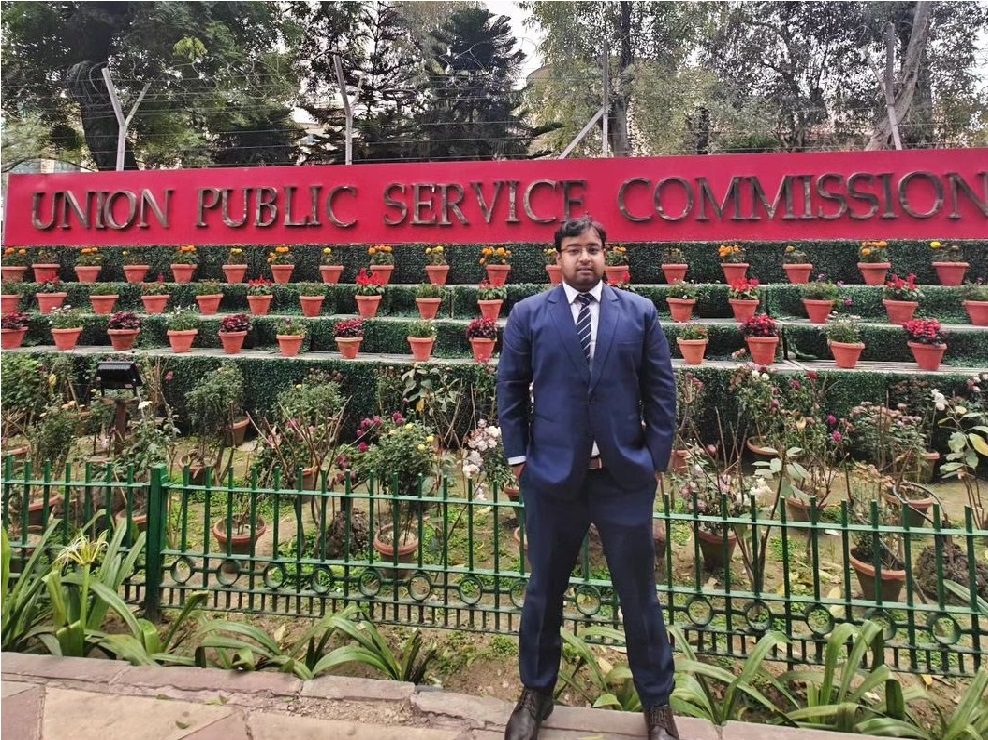
Journey So Far
Abhishek began his preparation immediately after graduation, taking his first attempt in 2019, but he couldn’t clear the prelims. In 2020, during his second attempt, he reached the interview stage but fell short of making it onto the final list. Disheartened yet resolute, he reassessed his strategy and took a year off in 2021 to reshape his writing and study methods.
In 2022, he made his third attempt, but fate had other plans; he missed clearing the CSAT by just one mark. Nevertheless, he remained confident in his preparation, believing it was only a matter of time. With renewed determination, he took his fourth attempt in 2023 and finally succeeded, achieving AIR 620 and securing his place in the IRS. He is set to begin his training in December 2024 at NACIN Palasamudram.
Meanwhile, in 2022, he also appeared for the Bihar Public Service Commission (BPSC) exam, where he secured the 369th rank. Although he joined the services as a Block Development Officer (BDO), he has since resigned to focus on his civil service aspirations.
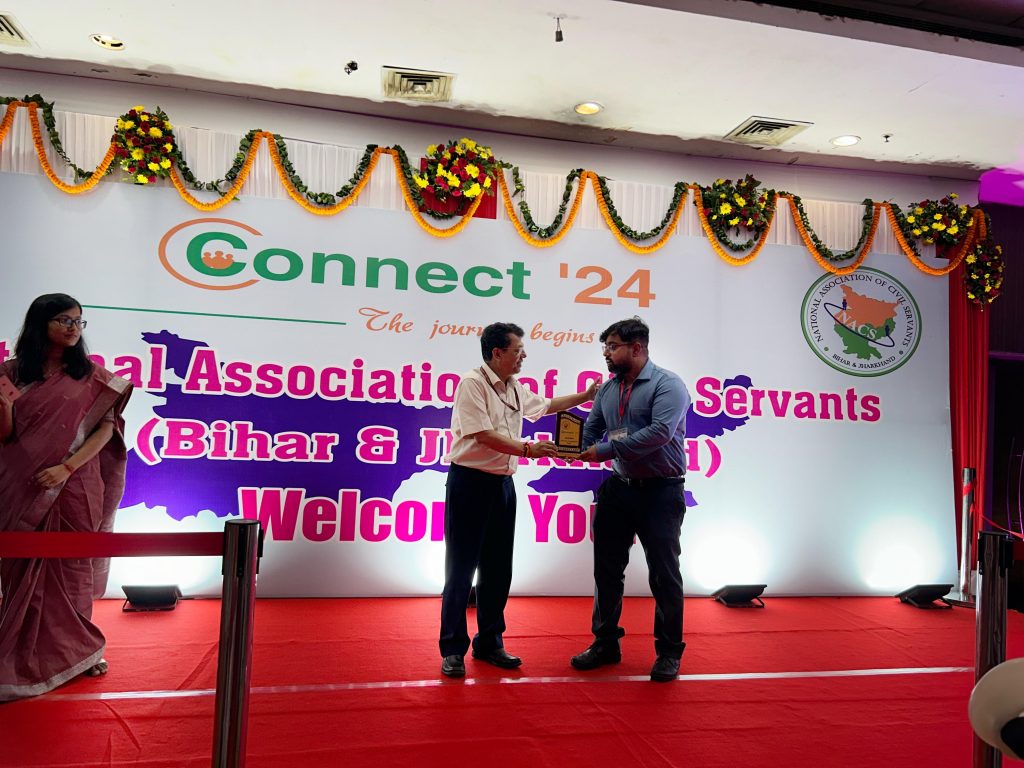
President & Motivation
When asked by Indian Masterminds why he chose civil services after a career in design, Abhishek explained, “The field of design is quite specialized, requiring a creative mindset. I have always been passionate about painting and art, which is why I pursued it. However, during my time at college in Ahmedabad, certain positive experiences shifted my perspective.“
“Working with weavers made me realize that while I could make a difference in their lives through design, I wanted to create broader, holistic changes in society. As the president of the student body in my third year, I discovered my leadership potential. This experience reinforced my belief that to drive meaningful change, I needed to join the civil services. That’s when I decided to pursue this prestigious career,” he added.
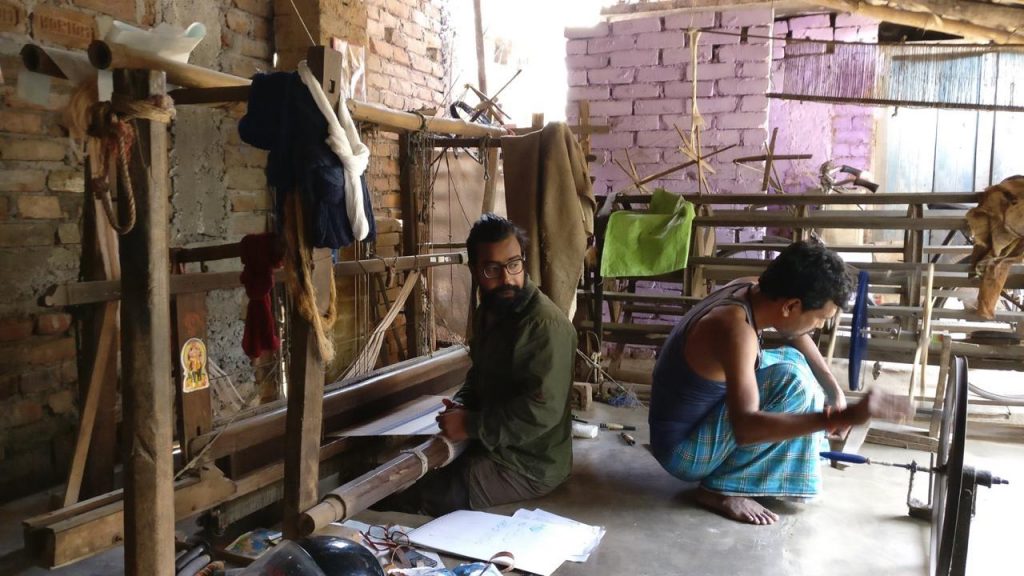
Background
Abhishek Kumar hails from Gopalbad, a beautiful village in the Nalanda district of Bihar, and comes from a humble background. His father is a small farmer, and his mother is a homemaker. He has three siblings.
He completed his primary education in his village before moving to Navodaya Vidyalaya, Sheikhpura, where he studied until the 12th grade. Following that, he graduated in Textile Design from the National Institute of Design (NID) in Ahmedabad, Gujarat.
After college, he received placement offers but chose to follow his passion for civil services. He turned down the job opportunity and relocated to Delhi to focus on his preparation.
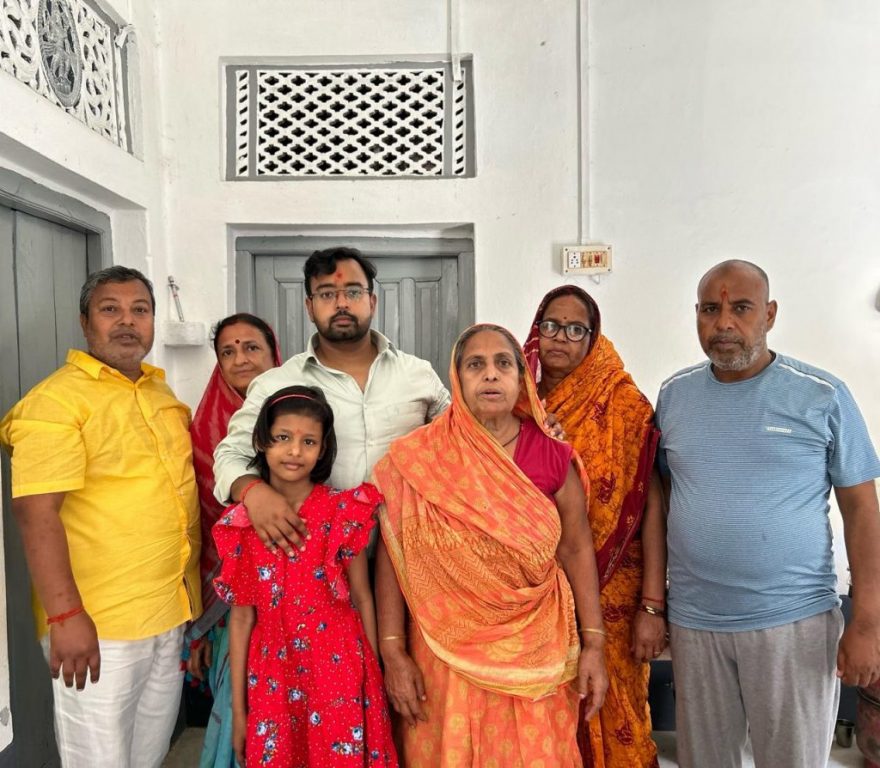
UPSC Preparation
After graduating in 2019, Abhishek moved to Delhi to prepare for the UPSC exam. He enrolled in coaching classes for General Studies (GS) and chose Political Science and International Relations (PSIR) as his optional subject. Initially, he focused primarily on the Prelims, but soon realized the importance of the Mains and Interview stages. He understood that marks from the Mains and Interview would ultimately determine his final selection, so he shifted his attention to improving his writing and practice. Abhishek also created concise notes to aid his revision.
His exam strategy involved setting short-term goals and diligently working towards them. He regularly practiced with test papers, which helped him build confidence. However, he faced challenges with the medium of examination. Coming from a Hindi medium background, he initially prepared in Hindi.
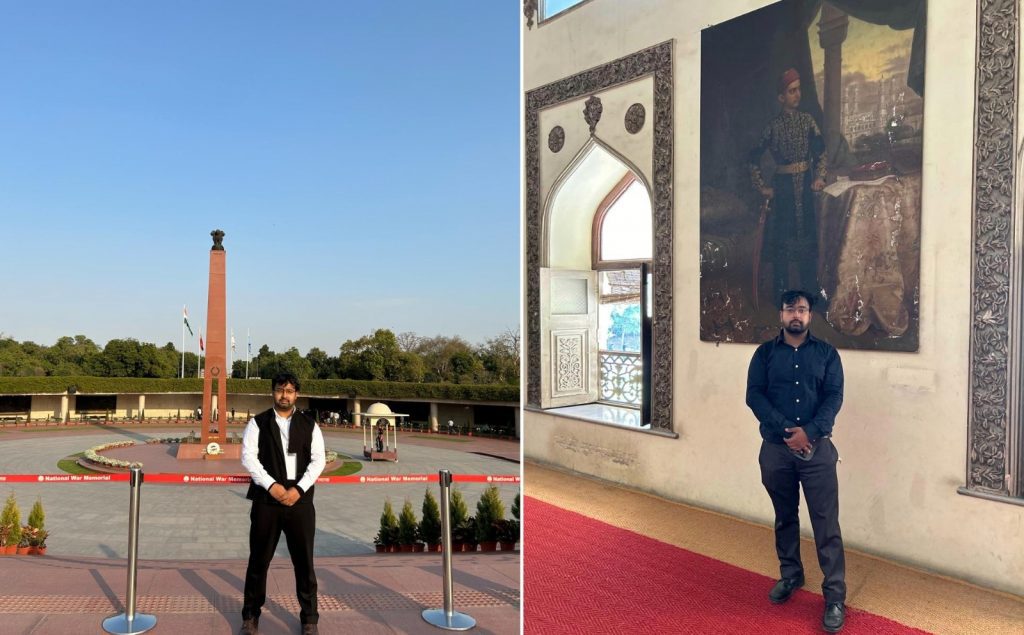
Eventually, he recognized that there was better quality material available in English and that many advised him it could lead to higher marks due to perceived biases against Hindi in the exam. While he initially believed this to be true, he now feels that the notion is a long-held myth. His journey to becoming a successful aspirant was gradual, and although he struggled with writing at first, consistent practice improved his skills.
“I started in Hindi and then shifted to English. It was not easy, but I did it,” he shared. “I gave my Interview in Hindi and wrote the exam in English.” He emphasized the importance of a supportive peer group during this journey, stating that being surrounded by like-minded individuals helps maintain focus. Discipline was another key factor in his preparation.
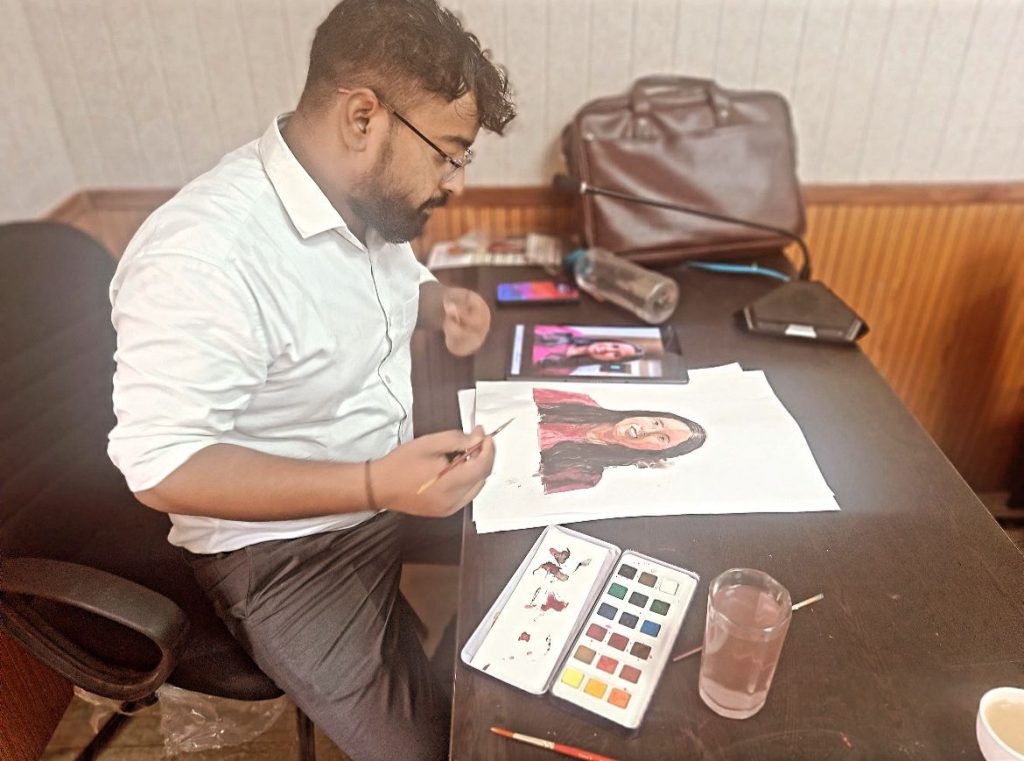
Interview Experience
Abhishek’s interview was comprehensive and covered a wide range of topics, primarily centered around his Detailed Application Form (DAF). He was questioned about his hometown of Nalanda, the painting of the Mona Lisa, his design background, and the current political scenario. He was even asked about news events from that very day.
One particularly engaging question addressed the backwardness of Bihar, which he responded to positively, highlighting the state’s achievements rather than merely its challenges. He discussed what Bihar has accomplished and its future plans.
Offering advice to future interview candidates, he said, “First, identify your strengths and highlight them in your DAF. Always conduct the interview in the language you are most comfortable with. If you can’t express yourself clearly for half an hour, success may elude you. Focus on current affairs, as many questions will stem from that area.” He also cautioned against excessive mock interviews, noting that they could lead to demoralization.
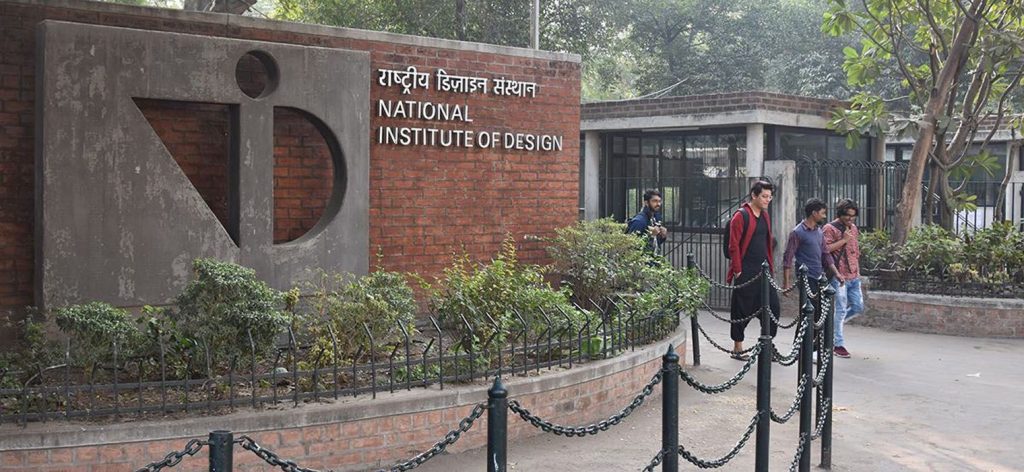
Message to Aspirants
To aspiring candidates, Abhishek shared a motivational message: “This journey is not easy. You have to be patient, so prepare yourself to give 100 percent. Having a backup plan can also be beneficial. Study regularly and create a strategic plan wisely. Strategy is essential, but make it smart. Be aware of your strengths and weaknesses, and work accordingly. Don’t try to copy anyone.”

